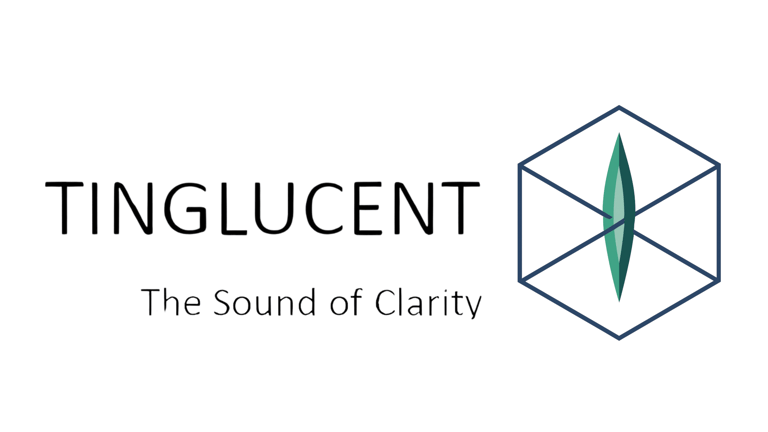When is a matter is ready for mediation?
- 5 Indicators -
7/1/20252 min read


Understanding Timing of Mediation
Mediation is a powerful tool for resolving disputes, but recognising when to initiate the process is crucial. Determining when a matter is ready for mediation involves several factors. It is essential to assess the situation and the involved parties carefully. In this blog post, we will explore five indicators that highlight the optimal timing for mediation.
1. Clear Communication Channels
One of the first indicators that a matter is ready for mediation is the establishment of clear communication channels between the parties. When individuals can discuss their concerns without hostility, it signifies that they are willing to engage in a structured dialogue. This willingness to communicate is crucial for mediation to be successful. Some matters are assisted by lawyers or other intermediaries assisting with y these early communication channels.
2. Willingness to Resolve
If both parties demonstrate a genuine interest in resolving their issues rather than prolonging the conflict, it is an excellent time for mediation. The willingness to compromise indicates that the matter is ready for mediation, as it shows that the parties are prepared to work towards a mutual agreement. Remember, too soon is preferable to too late. Initiating mediation early in the conflict can lead to better dispute management and more favorable outcomes.
3. Identification of Key Issues
Before engaging in mediation, it is important that the parties can identify and articulate the key issues at stake. Understanding the core problems allows the mediator to facilitate discussions more effectively, increasing the chances of finding common ground. Once the parties acknowledge their key issues, they are better positioned to mediate.
4. Emotional Readiness
Emotional readiness is another critical indicator. If the parties involved have sufficiently cooled off from any initial emotional outbursts or tensions, it can signal an appropriate time for mediation. When emotions are still running high, individuals may be less open to hearing the other side's perspective. Therefore, assessing emotional readiness can inform the timing of mediation. The mediator will conduct an ongoing readiness check through the engagement and preliminary phases of a matter.
5. Preliminary Research and Preparation
Finally, the parties should conduct preliminary research and preparation before pursuing mediation. This can include gathering relevant information, understanding the implications of the issues, and perhaps even consulting a legal expert. The act of preparing not only empowers the parties but also indicates that they are serious about resolving the matter. When the necessary groundwork has been laid, the matter is typically deemed ready for mediation.
In conclusion, recognizing when a matter is ready for mediation involves evaluating communication, willingness to resolve issues, identification of key problems, emotional readiness, and thorough preparation. By being mindful of these indicators, parties can navigate the mediation process more effectively, ultimately leading to satisfactory resolutions.
Contact
Reach out for mediation services and support.
Privacy
Trust
master@strategic-resolution.com
+61438001938
© 2025. All rights reserved.
